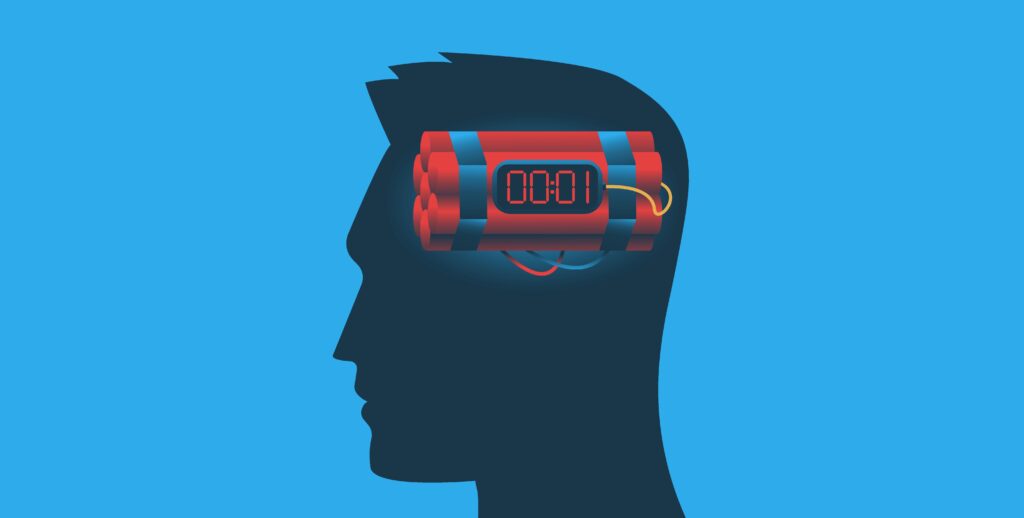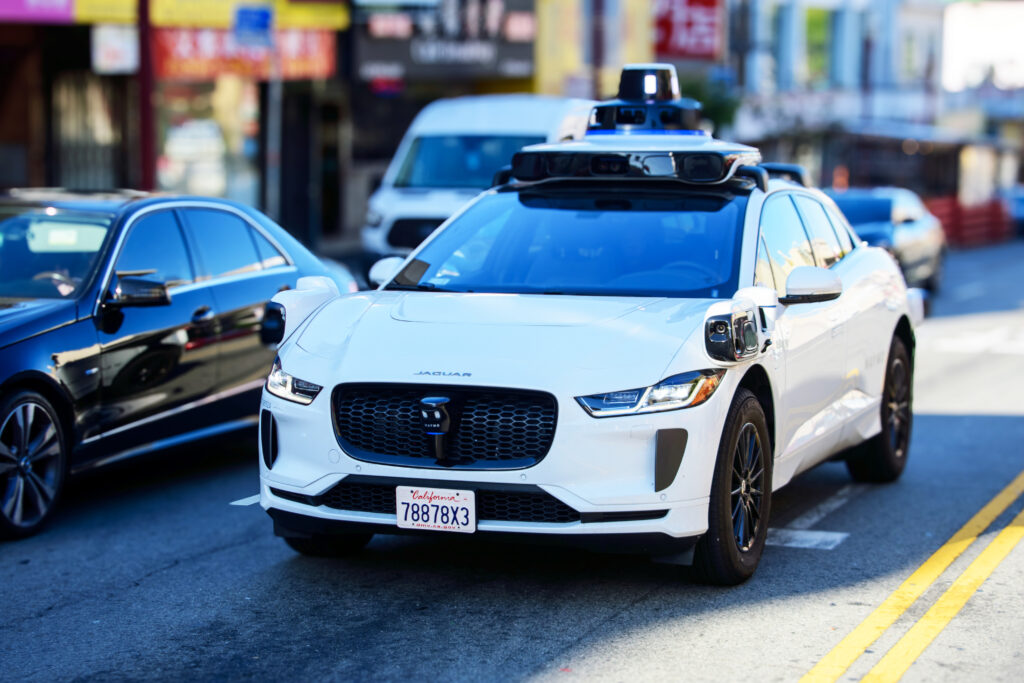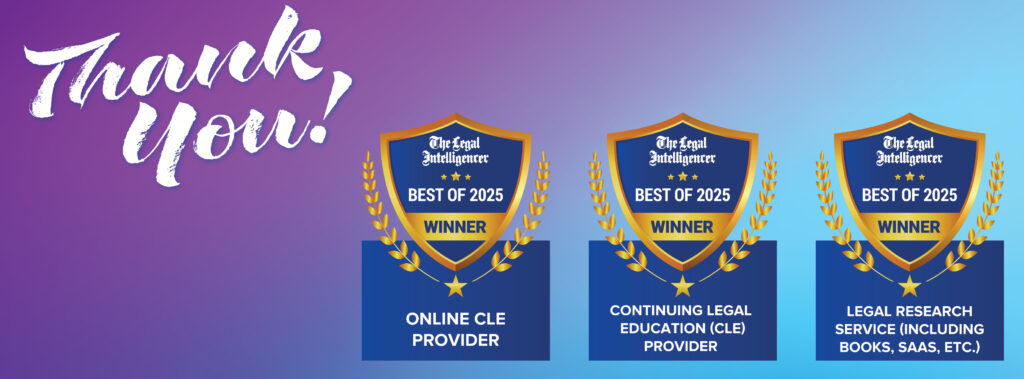The end of another year. The closing of another chapter and turning the page to a fresh start. This is the perfect time of year to pause, reflect, and decide what kind of lawyer you want to be in 2026. And we’re here to help you prepare with our fourth year running of attorney-friendly New Year’s resolutions!
Resolutions don’t have to be grand or overwhelming to be meaningful. In fact, people who aim too high are more likely to give up on their resolution by the end of January. Change is much easier to accomplish in small shifts rather than major upheavals. Whether you’re looking to improve your practice, form good habits, reduce digital noise, or simply feel more grounded in your day-to-day life, here are 8 doable New Year’s resolutions to tackle in 2026…plus a few resources from PBI to help you along the way!
Once you’ve finished reading, be sure to sign up for our upcoming course, “Year End Update: State Laws on Data Protection.” As the legal and regulatory landscape around data privacy continues to evolve, Pennsylvania attorneys must stay current—not only with federal trends, but also with the rapid expansion of data protection laws at the state level nationwide. This timely program will cover what every attorney needs to know heading into 2026! See you there!
Ready to pick out your resolution? Read on!

Speak at a CLE Event. You don’t have to be a national thought leader or a 30-year veteran to contribute to continuing legal education! If you’ve got real-world insight, recent experience, or a fresh take on a practice area, then you’ve got what it takes to speak at a CLE event. Doing so is a great way to boost your professional visibility, build authority in your expertise, and refine your presentation skills. And of course, it benefits your fellow lawyers.
Pitch a CLE Course Idea. Maybe you’re not ready to stand up in front of your peers and speak on a single subject for an hour straight. No problem! Instead, consider suggesting a topic you think the legal world needs more education on, especially if it’s something commonly underrepresented in existing programming.
If you have a hot-button issue, evolving trend, or niche concern in mind, pitch it to PBI! We rely on you to help us build CLE that’s timely, relevant, and lawyer-driven.
Build a Referral Spreadsheet. This is great way to organize your contacts heading into the new year. Every time you meet a lawyer in a different practice area, add their name, contact info, and specialty to a document saved on your phone or laptop. It just takes a minute and will go a long way! Not only is it a great way to strengthen and keep track of your professional network, it will also enable you to provide better service to your clients and make you a go-to connector in your legal community.
Want to learn more about the art of the referral? Check out this past blog post!
Update Your LinkedIn. LinkedIn remains one of the most effective platforms for showcasing your experience, staying informed on the latest legal news, and forging professional connections outside of your immediate network. Take the time to refresh your profile as we head into the new year and try to post every so often to keep your name out there. We’re not saying you need to post daily hustle content or weigh in on every single trending legal case. A monthly post or a quick comment on a colleague’s post can go a long way.
Don’t forget to follow PBI on LinkedIn so you can stay updated on all the latest courses coming your way!

Start a Tech-Free Morning Routine. Let’s face it: We all spend a little too much time staring at a screen. Instead of reaching for your phone the instant you’re awake, try implementing a tech-free morning routine into each day of 2026. Shoot for at least 30 minutes. Make coffee. Take a walk. Sit in silence and absorb the peace until the day takes off. This small shift will clear your mind and help you start your workday on your terms and no one else’s.
Delete One App That Drains You. We all have that one app that makes us groan whenever a notification lights up our phone. What is it for you? Social media? A news app? An addicting game? Choose one app that eats into your focus, downtime, or mental health, and bid it adieu. If you can’t bring yourself to delete it, then set a boundary by turning off notifications.
Digital clutter is real and in a high-cognitive-load profession such as law, protecting your peace of mind is vital. Now is the time to clear up some space so you feel freer moving into 2026.
Read a Legal Book from PBI’s E-Book Library. It should always be everyone’s resolution to read at least one book a year to expand your mind. If you’re looking for law books, PBI’s E-Book Library is an underrated goldmine. We’ve got course materials from past institutes, practice manuals, updated editions, and more. Get browsing—and don’t forget that PBI ProPass subscribers receive a 30% discount on e-books!
Choose a “Word of the Year.” This one is totally doable, and it’s a tradition among the PBA! Instead of setting rigid goals, choose one word that inspires you and defines the energy, values, or focus you want to bring into 2026. Some of our past words include “growth” and “collaboration.” Want to focus on a better work-life rhythm this year? Go with “balance.” Going to up the ante on decision-making and action-taking? Make it “momentum.”
Whatever you choose, write it down and post it somewhere you’ll see it. Let it guide your year. When 2026 draws to a close, think back on your accomplishments and how they were tied to your word of the year.

No matter what resolution you choose, the key is to make them attainable, personal, and purposeful! Even a few small changes can shift the trajectory of your year…and your career!
Thanks again for always tuning in to Raising the Bar! We at PBI wish you a wonderful 2026 filled with progress, clarity, and of course quality CLE provided by yours truly.
Still looking for that perfect resolution? Check out last year’s blog full of ideas curated for attorneys!































